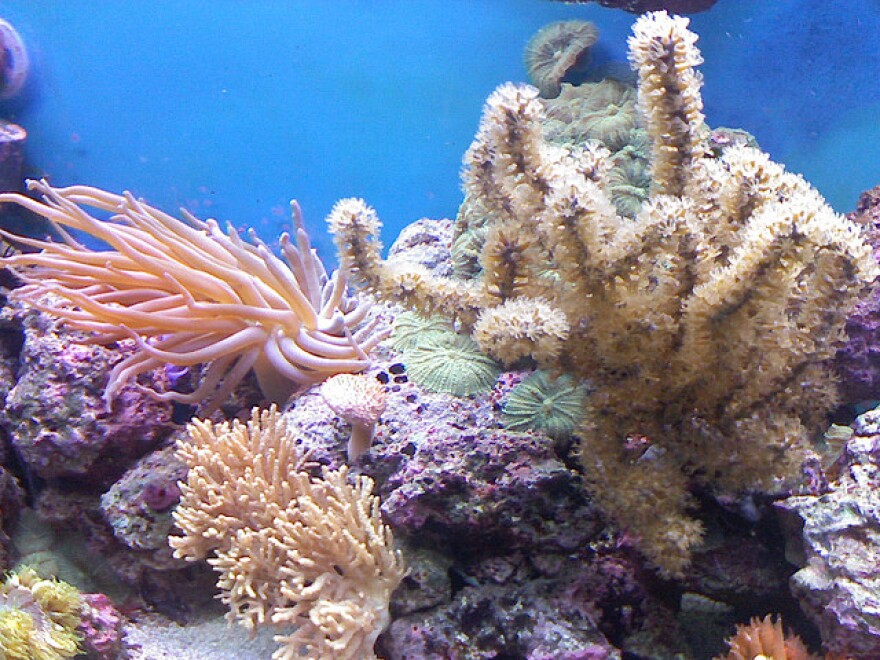According to a KU professor, we have evidence that periodic changes in marine biodiversity are tied to uplifting continents.
Dr. Adrian Melott, professor of physics and astronomy at the University of Kansas, was able to study marine fossils that suggest these phenomena are linked by the prevalence of a certain strontium isotope found in the fossils. These findings were published in March 2012 issue of the Journal of Geology.
"There's this 62-million-year cycle in biodiversity, discovered by others," Melott says of the periodic extinction. "A chemical isotope signal in the fossils, says that something was changing in ocean waters. Strontium isotopes and the amount of erosion in rock up in the mountains has been changing, and has been changing in sync with these changes in biodiversity."
The basic idea is that rubidium, an element found in continental rocks, creates strontium-87 when it erodes. As this rubidium is pushed to the top of earth's crust, it begins to erode, and the resulting strontium-87 gets dumped into the oceans. The fossil record provides information about when the levels of strontium-87 are the highest, and they coincide with the mass extinctions that happen every 62 million years, leading Melott and others to believe the continental uplift, which also decreases the amount of shallow ocean water habitats, is what is causing these extinctions.
Dr. Melott refers to this as a 'pulse of the earth' phenomenon, which works like a lava lamp, where heat causes the continental plates to rise.
While the idea is simply a hypothesis at this point, Melott and others at KU are currently doing research to confirm it.
"We're trying to figure out if this is the clue that causes it, and we put all the clues together it would say either the oceans are bobbing up and down or the continents are. If we look for that signal in ocean level, it's not there. An explanation would seem to indicate the continents are bobbing up and down, and that they're doing this in some sort of pattern."
The continent shelves that disappear in this scenario are shallow areas of water that support a plethora of aquatic life. If the continents are uplifting, then this shelf habitat is greatly reduced, leading to periodic mass extinction of marine life.
There are some issues with the hypothesis: Dr. Charles Spencer, adjunct professor of environmental and engineering geology at UMKC and head of Spencer Geological Consulting, reviewed the study and wonders whether some of the events are correlation rather than causation.
"I think they have an interesting idea, and it might in fact explain several extinction events. I am not certain that it can explain the number of events they postulate," said Spencer. "Other mechanisms for loss of species have been proposed for many extinctions in the Phanerozoic."
Spencer makes the point that these strontium isotopes measured in the study are in carbonate sediment, therefore the element would have been extracted and incorporated into the fossils' shells previous to being deposited as a sea-floor sediment.
"I think a good and critical point to make about this and any other scientific publication is that peer review will come in on their hypothesis," Dr. Spencer concludes.
As for that hypothesis, Dr. Melott was quick to point out just that: it's not proven yet. But he and his colleagues are doing more to solidify it. It may suggest that convection inside the earth moves the continents up and down in a rhythmic way.
"This is an explanation for it," he said. "It may not be the the only one, but it makes sense to me. It suggests that something inside the earth has a regular clockwork pattern."
READING LIST:
The Structure and Movement of the Deep Earth (New York Times)
Quiet Places on Earth's Crust are Core-Meltingly Hot Underneath (Discover Magazine)
Research links uplifting continents to crashes in biodiversity on Earth (KU News)


